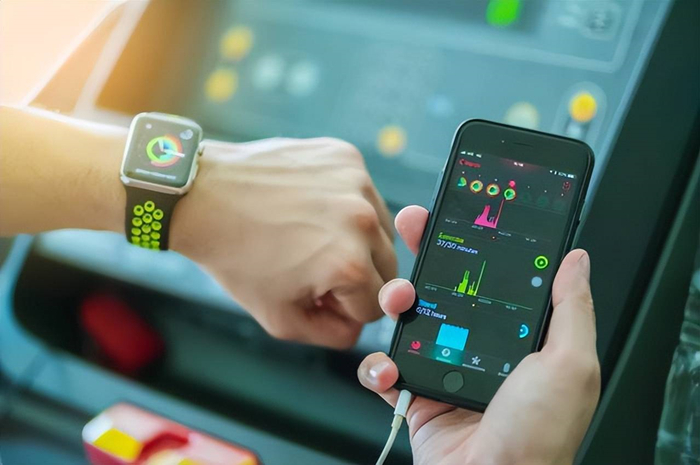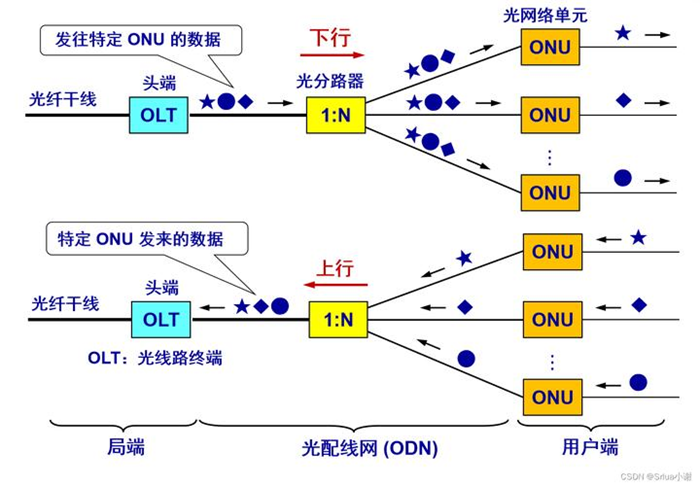Intelligent products and terminals emphasize remote wireless access and mobility. Through the operator 4G/5G Cellular network, Wi-Fi and other indoor short-distance communication, or low-power WAN wireless connection to report data. Various indicator data of intelligent products and terminals can be collected wirelessly, such as power, signal strength, power consumption, positioning, embedded sensor data, etc.

Most smart products and terminals directly integrate wireless communication capabilities in product definitions. Mobile phones and wearable devices are typical examples.

At present, intelligent products are becoming more and more abundant. In the era of the interconnection of all things, remote access capabilities are available by default. Monitoring various operating indicators in the process of using intelligent products and analyzing the collected data can guide the research and development team to better improve products. For example, automated equipment with mobility properties, such as AGV robots that gather clusters indoors based on Wi Fi self-organizing networks to achieve communication between AGVs, and remote monitoring and control of grass harvesters while working outdoors.

For example, automated equipment with mobility properties, such as AGV robots that gather clusters indoors based on Wi Fi self-organizing networks to achieve communication between AGVs, and remote monitoring and control of grass harvesters while working outdoors.

Some product terminals do not have remote access capability themselves, and can indirectly achieve the same effect through the Digital Transfer Module (Data Transfer Unit, DTU) or industrial gateway.

Post time: Mar-13-2025

